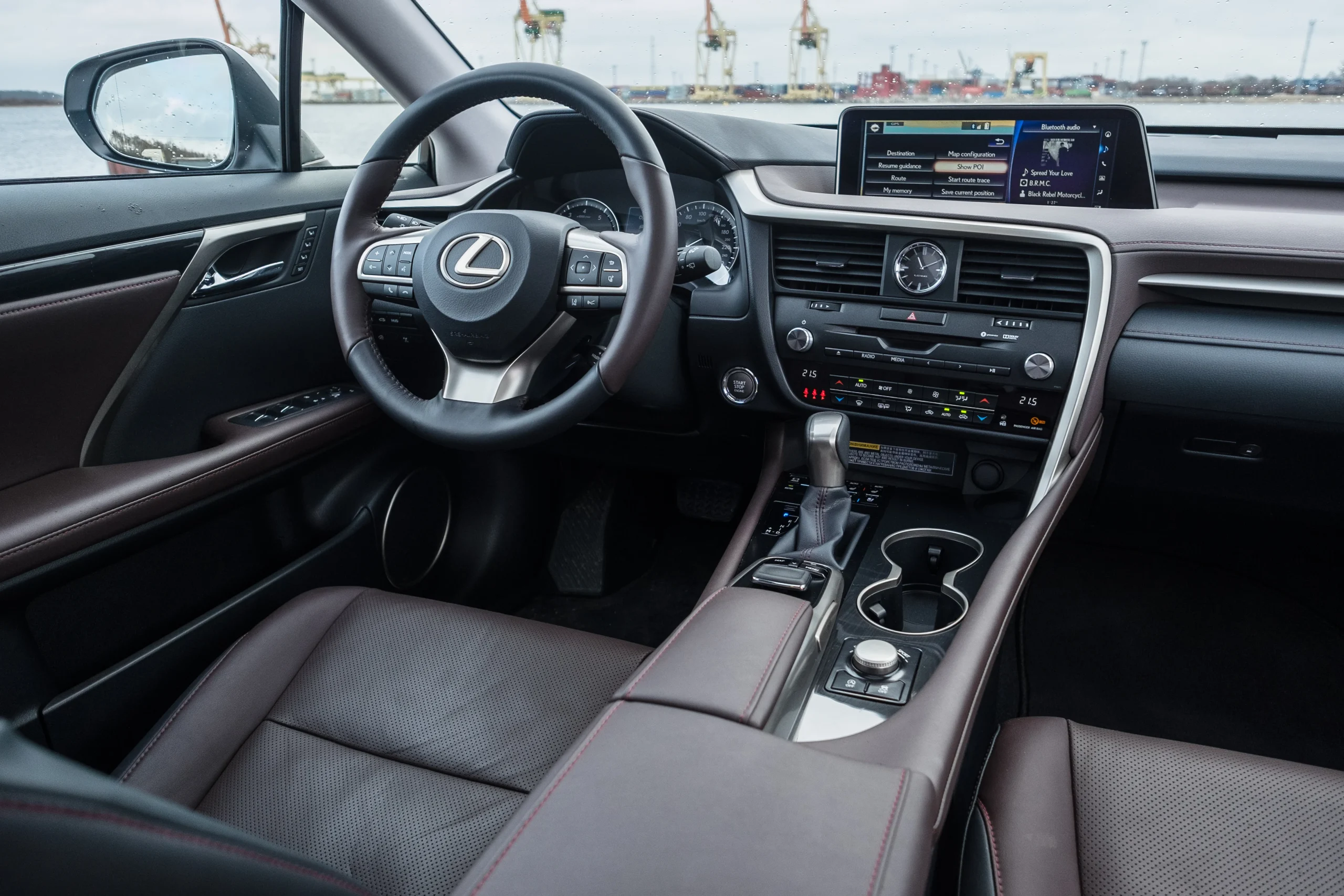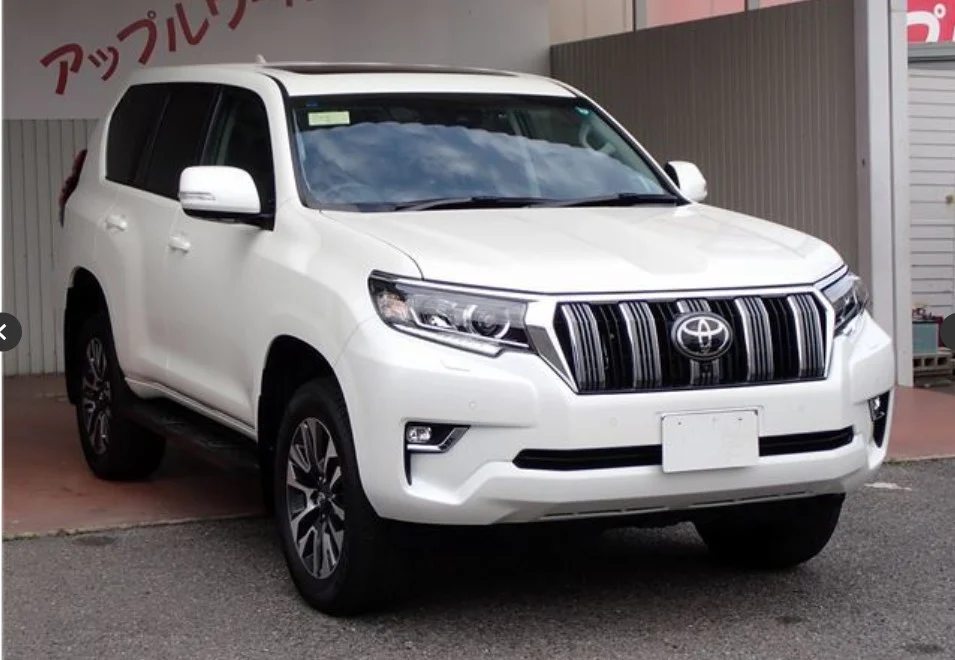What is Goo Net?

Before we can assess its trustworthiness, it’s vital to understand what Goo Net actually is—and what it isn’t.
Think of Goo Net less like a supermarket where you buy products directly off the shelf, and more like a massive, sprawling shopping mall.
It is one of Japan’s largest online marketplaces for new and used vehicles.
Essentially, it’s a listing portal where hundreds, if not thousands, of independent Japanese car dealerships showcase their inventory to a vast audience.
Goo Net itself does not own the cars, nor does it sell them directly to you.
Its primary function is to act as a digital bridge, connecting potential buyers like yourself with the dealers who have the cars on their lots.
This is a critical distinction.
You are not “buying a car from Goo Net”; you are finding a car on their platform and then initiating a transaction with a third-party dealership based in Japan, a dealership that simply pays a fee to list its vehicles on the site.
Understanding Goo Net’s Role in Car Imports
Grasping the specific role Goo Net plays in the importation process is key to managing your expectations and understanding the potential risks involved.
When you find a car you love on the site, your journey is only just beginning.
The platform provides the initial information—photos, specifications, dealer contact details, and sometimes an inspection report.
From that point on, Goo Net steps back.
It is now your responsibility to contact the Japanese dealer directly, navigate potential language barriers, negotiate the price, and arrange for payment.
Crucially, Goo Net does not handle any of the complex logistics that follow.
This includes arranging for the vehicle’s de-registration in Japan, transportation to the port, ocean freight to Mombasa, marine insurance, and the mandatory pre-shipment inspection required by the Kenya Bureau of Standards (KEBS).
All these intricate and vital steps fall entirely on your shoulders or on the shoulders of the Japanese dealer you’ve chosen to trust, a party you’ve likely never met.
Goo Net’s Features and Benefits
Despite its indirect role, using Goo Net as a research tool offers some undeniable advantages for the savvy car shopper.
Its single greatest benefit is the sheer, unparalleled selection.
With thousands of dealers listing their stock, you gain access to an incredible variety of makes, models, trims, and colours that you simply wouldn’t find through a single exporter.
This vast digital showroom allows you to compare prices for similar vehicles from different sellers, giving you a powerful sense of the current market rates in Japan.
Furthermore, many listings on Goo Net come with a “Goo Kantei” or “Goo Inspection” report.
This is a third-party vehicle appraisal conducted by the Japan Automobile Appraisal Association (JAAA).
The report provides a standardized rating on the car’s exterior, interior, engine, and structural condition, adding a valuable layer of transparency and helping you filter out vehicles with significant hidden damage before you even make an inquiry.
Potential Risks and Limitations
While the benefits are appealing, the path of importing directly through a dealer found on Goo Net is littered with potential pitfalls, especially for first-time importers.
The most immediate hurdle is often the language barrier.
While some larger dealers may have English-speaking staff, many smaller ones do not, making clear communication about the car’s condition, payment terms, and logistics incredibly difficult.
Secondly, there is the inherent risk of dealing with an unknown entity.
Goo Net is a listing platform; it doesn’t rigorously vet every single dealer for international export experience or ethical business practices.
You could unknowingly engage with a dealer who is inexperienced in exporting or, in a worst-case scenario, one who is dishonest.
Beyond that, you are fully responsible for the complex web of logistics.
Miscalculating shipping costs, failing to secure the correct inspection (JAAI for KEBS), or bungling the customs clearance process at Mombasa can lead to severe delays and exorbitant unexpected fees that can quickly eclipse any initial savings you thought you were making.
Evaluating Trustworthiness: Is Goo Net Reliable?
So, we return to the central question: is Goo Net a reliable platform for importing a car to Kenya?
The answer is nuanced.
The platform itself, as a technology and listing service within Japan, is highly reputable and widely trusted by the Japanese domestic market.
It is a legitimate and massive operation.
However, its reliability for *your* international import experience is not guaranteed by the platform’s name.
The trustworthiness of your transaction depends almost entirely on the specific, individual dealer you choose to work with from the thousands listed.
Think of it like this: a notice board in a community hall is a reliable place to find advertisements, but it doesn’t guarantee the quality or honesty of every single person who pins a notice on it.
For an experienced importer who knows how to vet Japanese dealers, navigate the language, and manage complex logistics, Goo Net is an invaluable tool.
For a novice, it can be a minefield of risk.
The platform provides the options, but the due diligence, the risk assessment, and the entire logistical burden rest squarely on your shoulders.
Alternatives to Goo Net for Car Imports
If the direct-from-dealer approach on Goo Net sounds daunting, it’s important to know that there are other well-trodden paths to importing a car from Japan.
Many Kenyans turn to full-service Japanese export companies like Be Forward, SBT Japan, or TCJ.
Unlike the dealers on Goo Net who primarily serve their local market, these companies are built specifically for international export.
They typically own their stock or have direct access to auctions, and their entire process—from the website to sales staff to logistics—is designed for overseas buyers.
Their prices might be slightly higher as they include a service margin, but they offer a more streamlined, all-in-one package.
Another popular alternative is using a local agent to purchase a car on your behalf from Japanese car auctions.
These auctions are where many dealers get their stock, and buying from the source can sometimes lead to better prices.
However, this route is impossible without a licensed agent who can access the auctions and manage the bidding and export process for you.
Simplifying Car Imports with Professional Services
Navigating the maze of options, from browsing Goo Net to vetting unknown dealers and coordinating international shipping, can feel like a stressful, high-stakes, full-time job.
This is where the wisdom of partnering with a professional car importation service in Kenya truly shines.
Instead of trying to become an expert in Japanese export regulations and Kenyan customs law overnight, you can leverage the experience of a team that handles these complexities every single day.
A trusted local partner acts as your dedicated agent and advocate.
They can help you source the perfect vehicle—whether it’s from a trusted dealer they know, directly from the auctions, or even a specific car you’ve identified on a platform like Goo Net.
They then take over the entire process: performing independent verification, handling secure payment, managing all shipping and insurance, and ensuring seamless KRA and KEBS clearance.
Why expose yourself to financial risk and endless headaches when a clear, secure path is available? Let Cars Kenya handle the heavy lifting and import your dream car with confidence and complete peace of mind.
The value proposition of using a service like Cars Kenya extends far beyond mere convenience; it’s about risk mitigation and cost certainty.
A small mistake in the importation process—like choosing a car that is a few months over the 8-year age limit or failing to get the mandatory KEBS-approved JAAI inspection—can result in your car being rejected at the Port of Mombasa, leading to catastrophic financial loss or hefty penalties.
Professional importers are experts in these regulations.
They ensure every box is ticked and that your car is fully compliant before it even leaves Japan.
They provide a clear, all-inclusive quote, so you aren’t surprised by hidden port charges or clearance fees.
This transforms a daunting, uncertain venture into a transparent and predictable process.
You get the benefit of global sourcing without any of the personal risk. If you’re ready to import a car the smart, safe, and hassle-free way, get in touch with the experts at Cars Kenya today for a personalized consultation.
Conclusion
In the final analysis, Goo Net is a legitimate and incredibly powerful tool for window shopping in the vast Japanese used car market.
It offers an unparalleled view of the available inventory and pricing, making it an excellent starting point for your research.
However, it is not a one-stop-shop for importation.
The platform itself is reliable, but it doesn’t shield you from the significant risks of dealing directly with unknown overseas dealers and managing a complex, multi-stage logistical process.
The potential for language barriers, hidden costs, and critical paperwork errors is very real.
For the vast majority of Kenyan buyers, the wisest and safest path to ownership is to leverage the expertise of a trusted local importation partner.
They bridge the gap, handle the complexities, and transform your dream of owning a quality Japanese import into a secure and exciting reality.
FAQ
- Is using Goo Net cheaper than other import methods?
Not necessarily.
While you might find a car with a lower sticker price, you must factor in the costs and risks of managing the entire export and import process yourself.
Hidden fees, potential mistakes in logistics, and currency exchange rates can quickly erase any perceived savings.
Using a professional service often provides a clearer, all-inclusive cost from the start.
- Can I buy a car directly from the Goo Net website?
No, you cannot.
Goo Net is a listing portal, not a direct seller.
The website connects you with independent Japanese dealerships.
To purchase a car, you must contact the dealer who listed it and make arrangements for payment and shipping directly with them.
- What is the “Goo Kantei” inspection?
The “Goo Kantei” is a vehicle condition appraisal report provided by the independent Japan Automobile Appraisal Association (JAAA).
It gives a star rating and detailed comments on the car’s exterior, interior, mechanicals, and repair history.
It’s a useful transparency tool but is not a substitute for the mandatory KEBS Pre-Export Verification of Conformity (PVOC) inspection required for import into Kenya.
- What are the biggest risks of using Goo Net without an agent?
The main risks include communication barriers with Japanese dealers, the potential for fraud or dealing with an unreliable seller, making errors in the complex logistics of shipping and insurance, and failing to meet Kenya’s strict import regulations (like the 8-year rule and KEBS inspection), which could lead to major financial loss.
- How can a company like Cars Kenya help me import a car I found on Goo Net?
If you find a specific car you like on Goo Net, a professional service like Cars Kenya can act as your agent.
They can contact the dealer on your behalf, use their expertise to verify the dealer’s reputation and the car’s condition, negotiate pricing, and handle the entire secure payment, shipping, and customs clearance process for you, ensuring a safe and successful importation.

